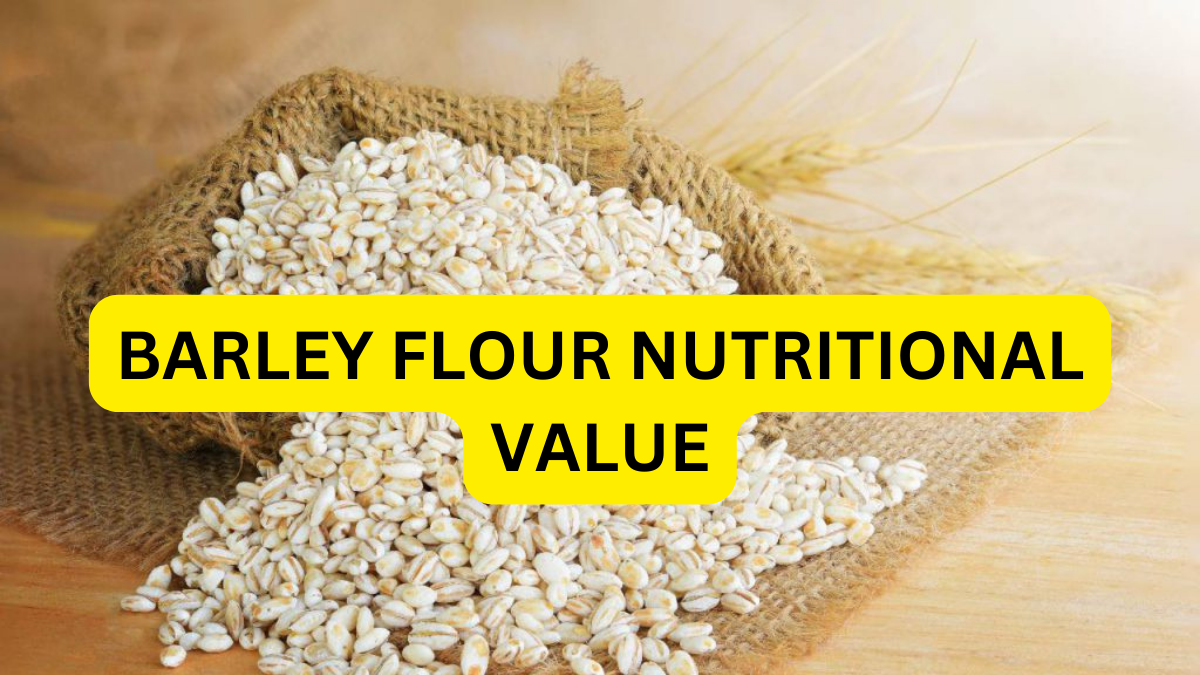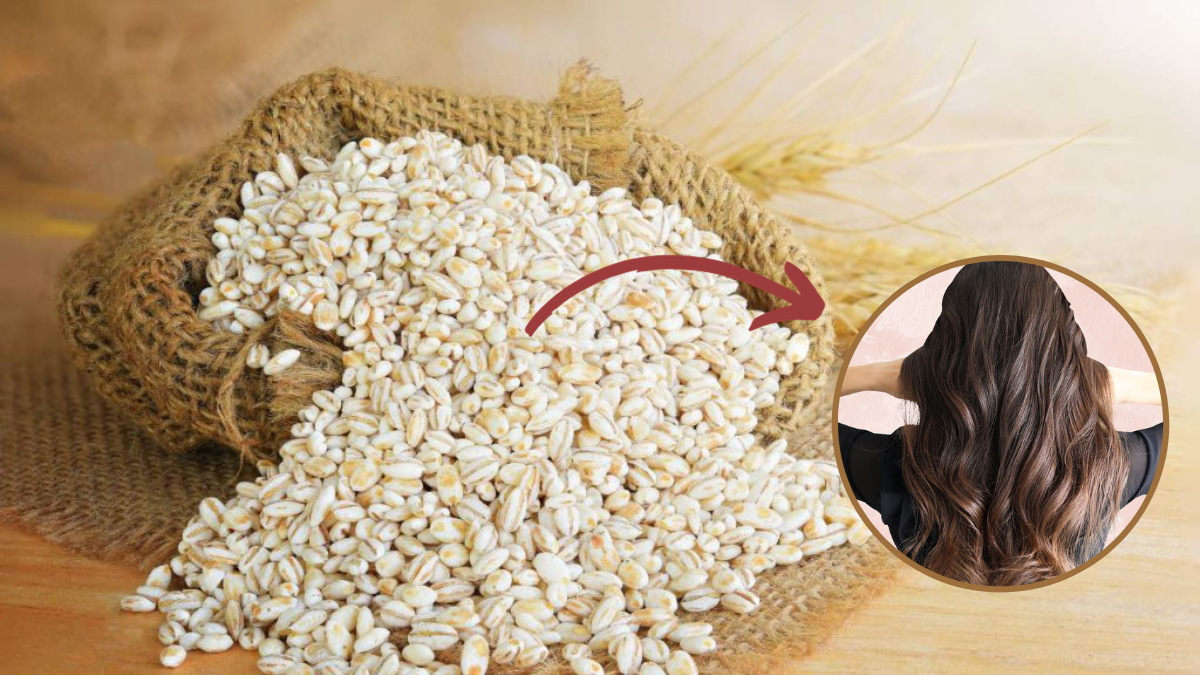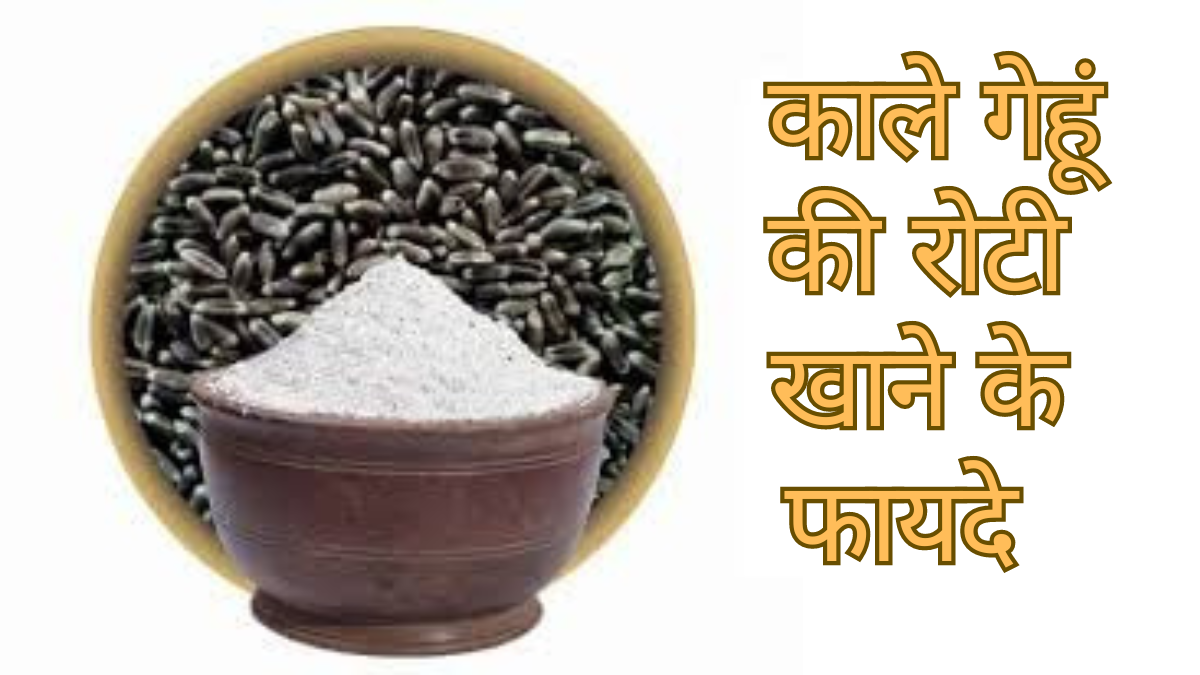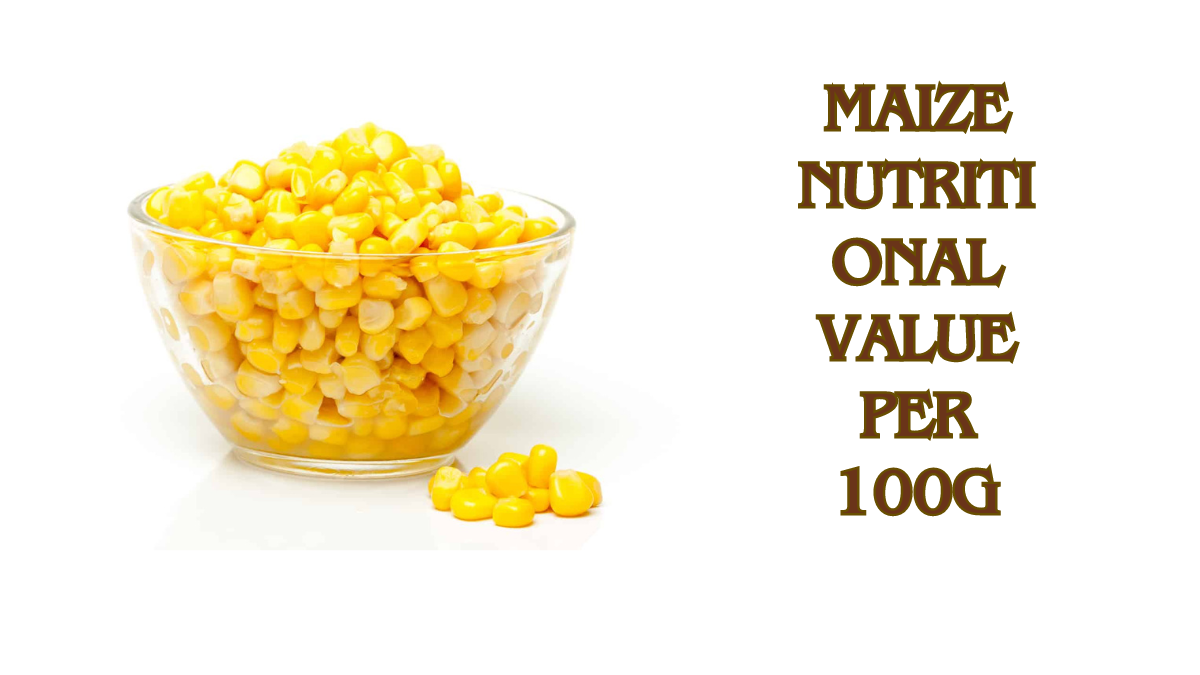The nutritional value of barley flour per 100 grams may vary slightly depending on the specific brand or type. However, here is an approximate description of the nutritional composition of barley flour:
- Calories: Around 332 kcal
- Protein: Approximately 10-12 grams
- Carbohydrates: Roughly 70-75 grams
- Dietary Fiber: About 15-17 grams
- Fat: Around 2-3 grams
- Vitamins: Contains various B vitamins like B1 (Thiamine), B2 (Riboflavin), B3 (Niacin), B5 (Pantothenic acid), B6, and folate.
- Minerals: Includes minerals such as iron, magnesium, phosphorus, potassium, zinc, and small amounts of calcium.
Please note that these values may vary slightly depending on the specific brand of barley flour and how finely it is ground. Always check the nutritional information on the packaging for accurate details as nutritional content may vary in different products.

Chat Now Gehuwala- Click Here
Barley Flour Nutritional Value FAQ
1. What is the calorie content of barley flour per 100 grams?
Barley flour usually contains about 332 calories per 100 grams. However, these values may vary slightly depending on the brand and specific type of barley flour.
2. How much protein does barley flour provide per 100 grams?
Barley flour usually provides around 10-12 grams of protein per 100 grams. Protein content may vary slightly depending on brand and processing method.
3. What is the carbohydrate content in 100 grams of barley flour?
The carbohydrate content of barley flour is approximately 70-75 grams per 100 grams. The carbohydrate value may vary slightly between different brands or varieties.
4. How much dietary fiber does barley flour contain per 100 grams?
Barley flour is a good source of dietary fiber, providing about 15-17 grams of fiber per 100 grams. Fiber content may vary depending on the specific product.
5. What is the fat content in 100 grams of barley flour?
Barley flour usually contains about 2-3 grams of fat per 100 grams. The fat content may vary depending on factors such as the milling process and the portion of barley used.
6. Does barley flour contain vitamins and minerals?
Yes, barley flour contains various vitamins, including B vitamins such as B1 (thiamine), B2 (riboflavin), B3 (niacin), B5 (pantothenic acid), B6, and folate. It also provides essential minerals like iron, magnesium, phosphorus, potassium, zinc and calcium.
7. Are the nutritional values consistent across all barley flour brands?
The nutritional composition of barley flour may vary slightly between different brands and types due to factors such as processing methods, the variety of barley used, and any added fortification. Always refer to the nutrition label of a specific product for accurate information.
8. How can barley flour contribute to a balanced diet?
Rich in fiber, protein, vitamins and minerals, the nutritional profile of barley flour makes it a valuable addition to a balanced diet. It may aid digestion, support energy production and contribute to overall nutrient intake.
9. Can barley flour be part of a gluten-free diet?
No, barley flour contains gluten and is not suitable for people following a gluten-free diet or with gluten intolerance or celiac disease.
Nutritional values may vary slightly depending on the specific brand, processing, and regional differences. Always check the nutritional information on the product packaging for accurate details about the nutritional content of barley flour.




